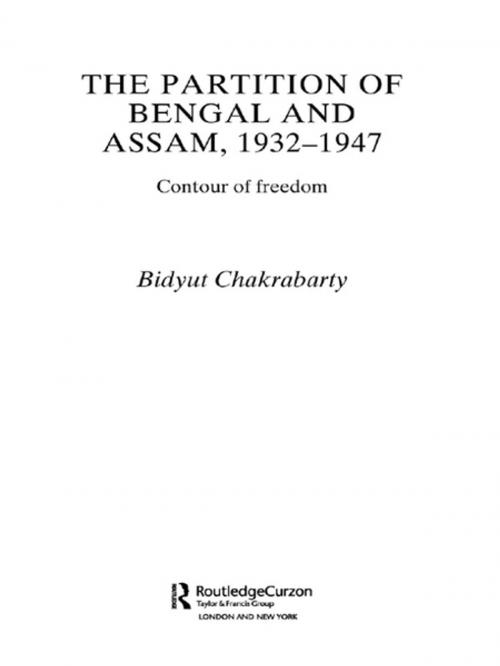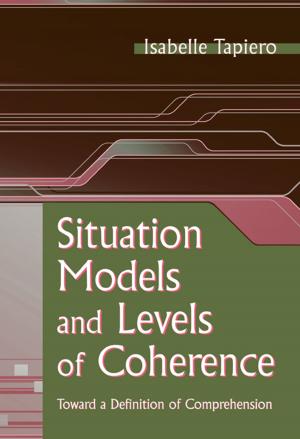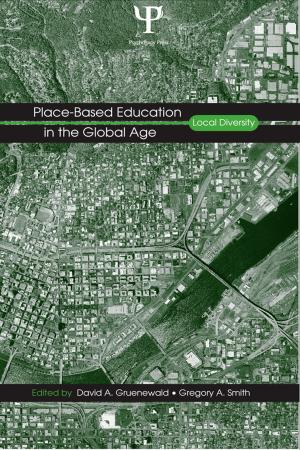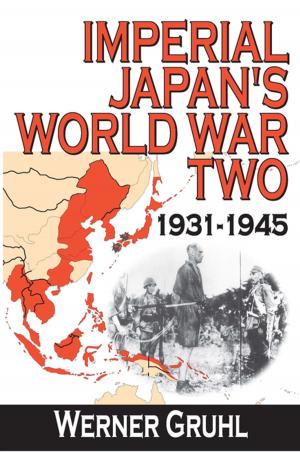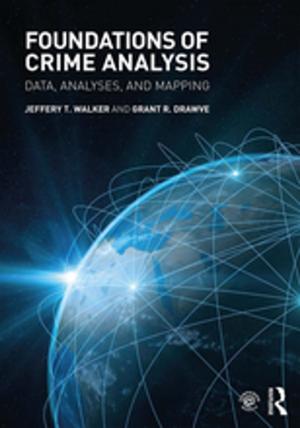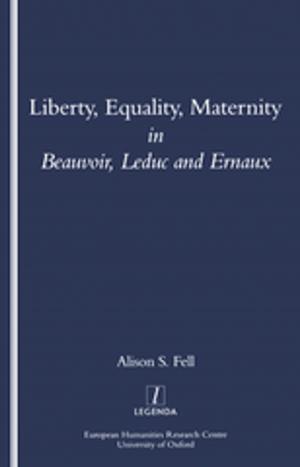The Partition of Bengal and Assam, 1932-1947
Contour of Freedom
Nonfiction, History, Asian, Asia, European General| Author: | Bidyut Chakrabarty | ISBN: | 9781134332748 |
| Publisher: | Taylor and Francis | Publication: | August 2, 2004 |
| Imprint: | Routledge | Language: | English |
| Author: | Bidyut Chakrabarty |
| ISBN: | 9781134332748 |
| Publisher: | Taylor and Francis |
| Publication: | August 2, 2004 |
| Imprint: | Routledge |
| Language: | English |
The fragmentation of Bengal and Assam in 1947 was a crucial moment in India's socio-political history as a nation state. Both the British Indian provinces were divided as much through the actions of the Muslim League as by those of Congress and the British colonial power. Attributing partition largely to Hindu communalists is, therefore, historically inaccurate and factually misleading. The Partition of Bengal and Assam provides a review of constitutional and party politics as well as of popular attitudes and perceptions. The primary aim of this book is to unravel the intricate socio-economic and political processes that led up to partition, as Hindus and Muslims competed ferociously for the new power and privileges to be conferred on them with independence. As shown in the book, well before they divorced at a political level, Hindus and Muslims had been cleaved apart by their socio-economic differences. Partition was probably inevitable.
The fragmentation of Bengal and Assam in 1947 was a crucial moment in India's socio-political history as a nation state. Both the British Indian provinces were divided as much through the actions of the Muslim League as by those of Congress and the British colonial power. Attributing partition largely to Hindu communalists is, therefore, historically inaccurate and factually misleading. The Partition of Bengal and Assam provides a review of constitutional and party politics as well as of popular attitudes and perceptions. The primary aim of this book is to unravel the intricate socio-economic and political processes that led up to partition, as Hindus and Muslims competed ferociously for the new power and privileges to be conferred on them with independence. As shown in the book, well before they divorced at a political level, Hindus and Muslims had been cleaved apart by their socio-economic differences. Partition was probably inevitable.
